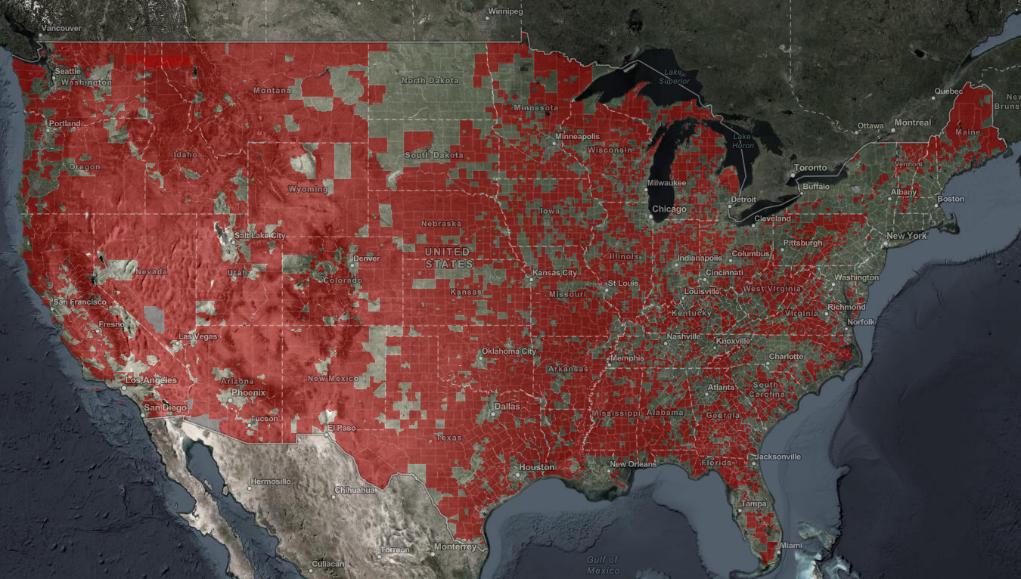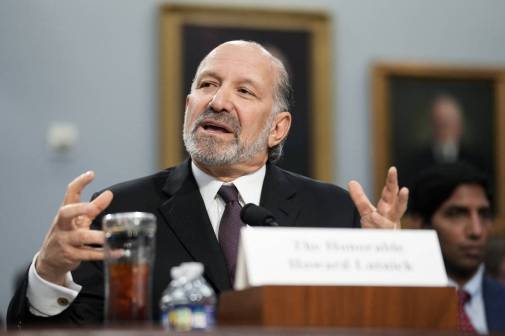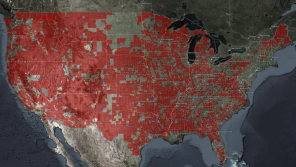States meet initial deadline for BEAD proposals, prepare for next steps

All 56 states and territories met the Dec. 27 deadline to submit initial proposals for the federal Broadband Equity, Access and Deployment program and several have already seen the first volume of their plans approved by the National Telecommunications and Information Administration.
State BEAD proposals come in two volumes that outline how agencies will handle the challenge process, identify unserved and underserved locations, as well as long-term objectives to close the digital divide, among other requirements. Once Volume I is approved and Volume II is submitted, states can begin the challenge process to confirm eligible locations for BEAD funding.
Louisiana was the first state to have both volumes approved by the NTIA to access its allotted $1.3 billion in BEAD funding, the Telecompetitor reported.
“This is a win for Louisianans and ConnectLA is proud that we have set the pace for the country in terms of speed and execution in policy setting,” the state Office of Broadband Development and Connectivity website reads. “Nearly a third of the content in our Initial Proposal has been incorporated into other states’ plans. Our 2023 planning phase is complete, and 2024 will see our grant round and construction efforts begin.”
Colorado, Kansas, Virginia and several other states have had Volume I of their proposals approved and are preparing to launch into the challenge process. States have up to 120 days to accept challenges.
“We prepared the data in accordance with the requirements of the BEAD [notice of funding opportunity] and our Initial Proposal Volume I and feel like we have as accurate data as possible at this point,” Lauren Francis, a communications manager with Colorado’s Office of Information Technology, wrote in an email to StateScoop. “The challenge process is still critical because it gives our stakeholders one more chance to make corrections to the [Federal Communications Commission] dataset and provides us with an even clearer picture of broadband availability and access in Colorado.”
Francis said that only minor changes were made to Colorado’s initial proposal for Volume I in response to public input.
“We’re excited to put our plan to paper and layout every step to achieve our goal of connecting 99% of Colorado households to high-speed internet and have the NTIA’s approval on the first part of our plan,” Francis wrote.
Colorado expects to receive approval on Volume II early this year and will make its final determination of BEAD-eligible locations by April 17. The state’s subgrantee process for its $826.5 million in BEAD funding will open later this year.






